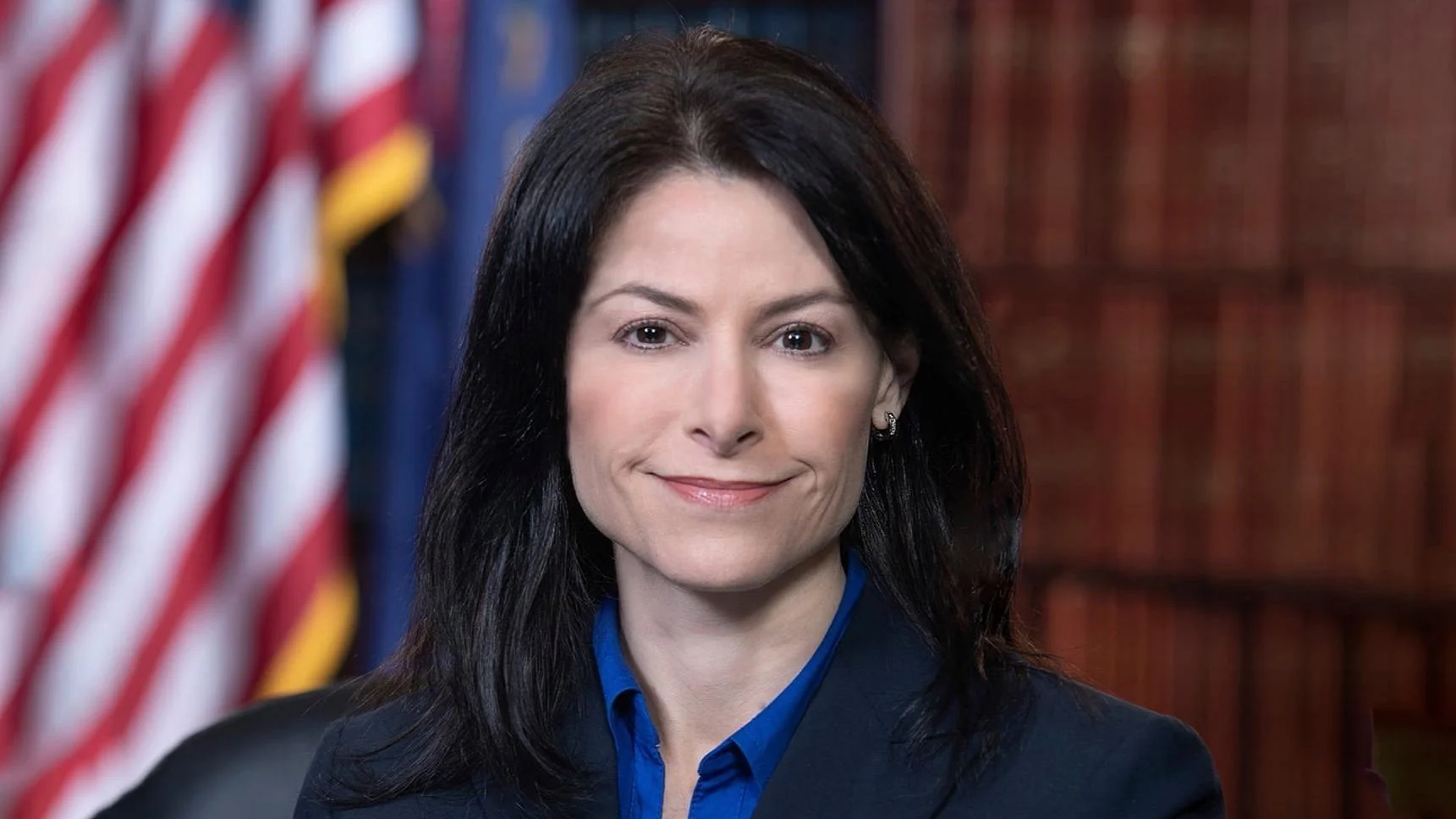Dana Nessel, Attorney General of Michigan | www.facebook.com
Dana Nessel, Attorney General of Michigan | www.facebook.com
Michigan Attorney General Dana Nessel has joined a group of 21 states in filing two amicus briefs to support the Council for Opportunity in Education (COE) in lawsuits against recent decisions by the U.S. Department of Education (DOE) to end funding for federal TRIO programs.
The amicus briefs, filed in the U.S. District Court for the District of Columbia, back COE’s legal efforts to maintain access to higher education for low-income, first-generation, and underrepresented students. The lawsuits aim to halt the DOE’s discontinuation of several active TRIO grants and its denial of new Student Support Services (SSS) grants. The department based these actions on new federal policies that limit diversity, equity, and inclusion initiatives.
“These longstanding programs have helped students in our state have the support they need to pursue higher education, and without them, too many Michiganders would be denied the chance to advance their careers,” Nessel said. “The Trump Administration’s attempt to cut off funding to these programs would set back decades of progress. I stand with my colleagues and universities in Michigan and across the country in defending TRIO programs and the life-changing opportunities they provide.”
One complaint challenges the DOE’s decision not to continue dozens of existing TRIO grants scheduled through 2026. Another addresses DOE's rejection of new SSS grant applications after applying new anti-DEI policies retroactively. These applications were submitted following 2024 guidance from a previous administration that required addressing equity and accessibility issues. As a result of these changes, some established college programs have already closed, impacting students who depended on them.
The lawsuits argue that DOE’s actions violate parts of the U.S. Constitution, the Administrative Procedure Act, and Congress's intent behind maintaining TRIO programs for nearly sixty years.
The amicus briefs emphasize that ending federal support for these initiatives could bring serious long-term effects on students’ educational prospects as well as broader economic impacts at colleges and within state economies.
Attorney General Nessel joins attorneys general from Arizona, California, Colorado, Connecticut, Delaware, Hawaiʻi, Illinois, Maine, Massachusetts, Minnesota, Nevada, New Jersey, New Mexico, New York, Oregon, Rhode Island, Vermont, Washington, and Wisconsin in this effort.





 Alerts Sign-up
Alerts Sign-up